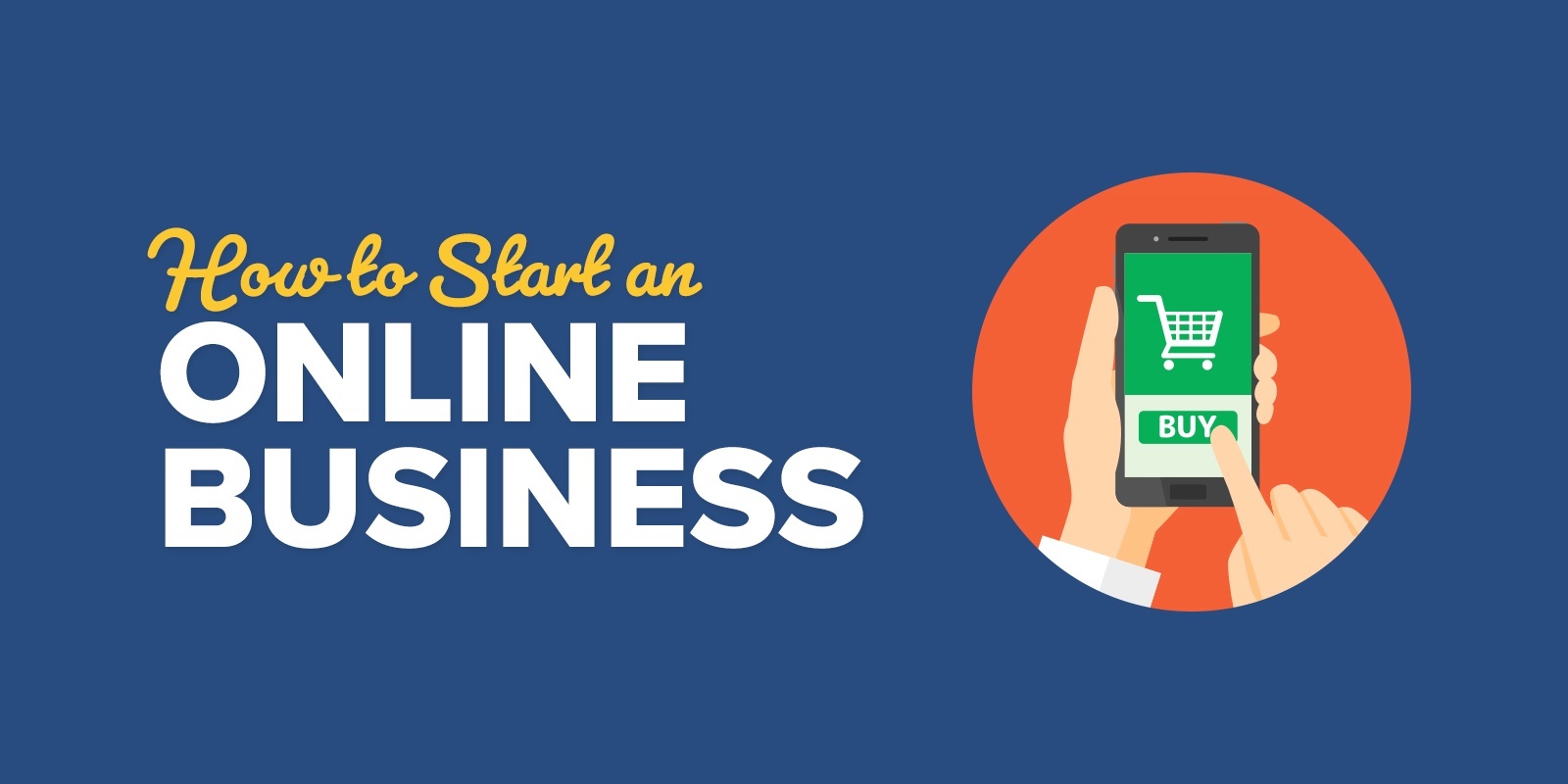The digital age has opened up a plethora of opportunities for aspiring entrepreneurs to start an online business. Whether you’re looking to create a side hustle or build a full-time enterprise, the online marketplace offers countless avenues to explore. Here’s a guide to help you navigate the initial steps of starting your own online business.
1. Identify Your Niche
The first step in starting an online business is to identify a niche that aligns with your interests, skills, and market demand. Research potential niches by considering:
- Passions and Interests: What are you passionate about? Your enthusiasm can be a driving force in your business.
- Market Demand: Use tools like Google Trends, keyword research, and competitor analysis to gauge the demand for your niche.
- Gap Analysis: Look for gaps in the market where you can offer unique value or a new perspective.
2. Develop a Business Plan
A well-thought-out business plan serves as a roadmap for your online business. It should include:
- Business Model: Decide whether you’ll sell products, offer services, or generate revenue through advertising or affiliate marketing.
- Target Audience: Define your ideal customer and tailor your marketing efforts to reach them effectively.
- Value Proposition: Clearly articulate what sets your business apart from the competition.
3. Choose the Right Platform
The platform you choose will depend on your business model. Here are a few options:
- E-commerce Platforms: Shopify, WooCommerce, and BigCommerce are popular choices for selling products.
- Service-Based Platforms: Websites like Upwork, Fiverr, or a custom-built site can showcase your services.
- Content Management Systems (CMS): WordPress is a versatile CMS that can be used for blogging, selling digital products, and more.
4. Build Your Online Presence
Creating a professional online presence is crucial. This involves:
- Website Development: Invest in a professional website that is user-friendly, mobile-responsive, and optimized for search engines (SEO).
- Social Media: Establish your presence on relevant social media platforms to connect with your audience and promote your business.
- Content Creation: Regularly produce high-quality content that provides value to your audience, such as blog posts, videos, or podcasts.
5. Set Up Payment and Fulfillment Systems
Ensure your customers have a seamless experience by setting up efficient payment and fulfillment systems:
- Payment Gateways: Use secure payment gateways like PayPal, Stripe, or Square to process transactions.
- Fulfillment: For product-based businesses, consider partnering with fulfillment centers or using dropshipping to manage inventory and shipping.
6. Implement Marketing Strategies
Effective marketing is key to driving traffic and sales. Consider these strategies:
- Search Engine Optimization (SEO): Optimize your website and content to rank higher in search engine results.
- Email Marketing: Build an email list and engage with subscribers through newsletters and promotional campaigns.
- Social Media Marketing: Leverage social media ads, influencer partnerships, and organic posts to reach a wider audience.
- Paid Advertising: Use Google Ads, Facebook Ads, or other paid advertising platforms to target potential customers.
7. Analyze and Adjust
Once your business is up and running, continually analyze your performance and make necessary adjustments:
- Analytics Tools: Use tools like Google Analytics to track website traffic, user behavior, and conversion rates.
- Customer Feedback: Regularly solicit feedback from customers to identify areas for improvement.
- A/B Testing: Test different strategies to determine what works best for your business and audience.
Conclusion
Starting an online business is a journey that requires careful planning, dedication, and adaptability. By identifying a niche, creating a solid business plan, building a strong online presence, and implementing effective marketing strategies, you can set the foundation for a successful online venture. Remember, persistence and continuous learning are key to thriving in the ever-evolving digital landscape.
Happy entrepreneuring!




